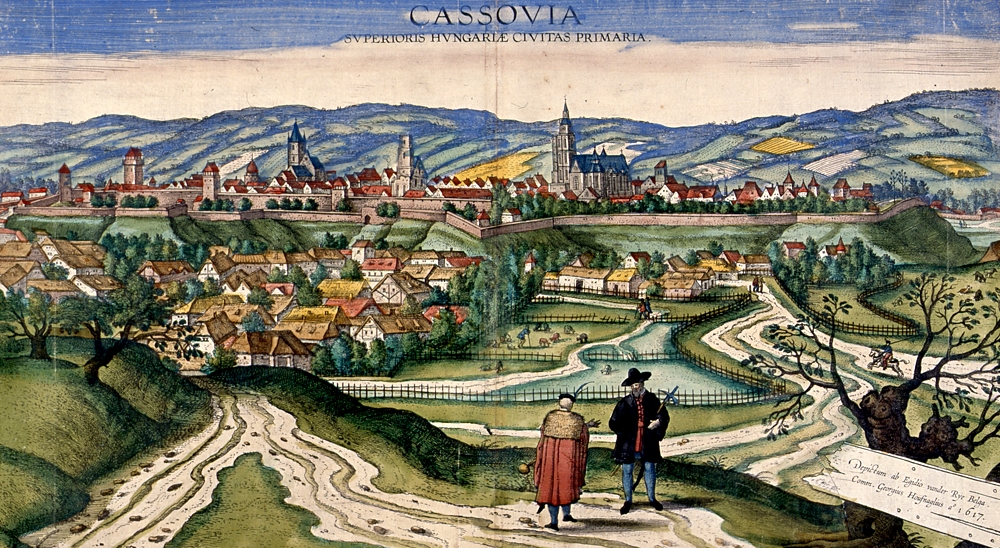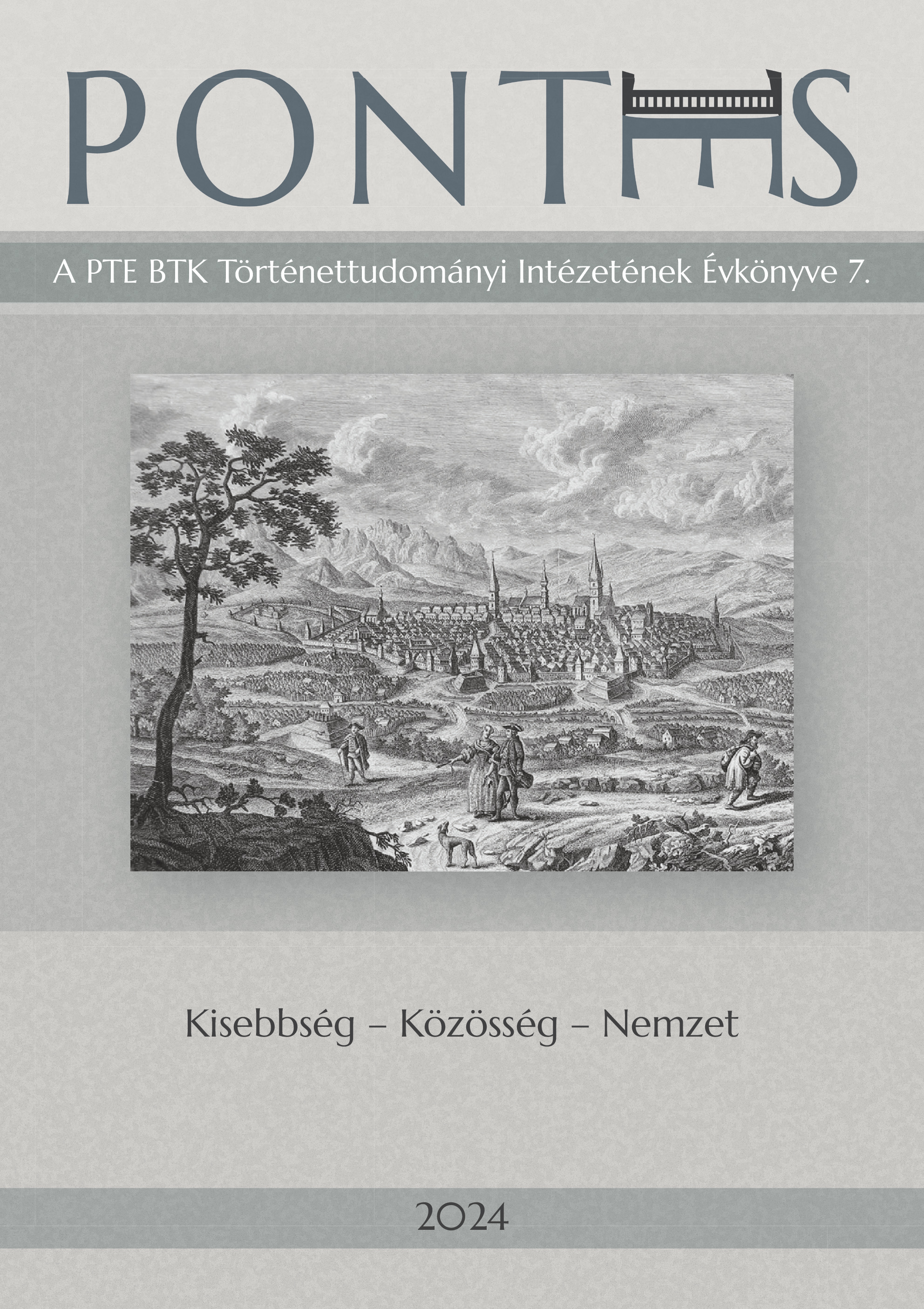The defender of orphans
The establishment of the separate orphan aff air in the free royal towns of Hungary until the first third of the 18th century
DOI:
https://doi.org/10.15170/PONTES.2023.06.01.01Keywords:
Kingdom of Hungary, orphan affair, Orphan’s Court, free royal towns of Hungary, 18th CenturyAbstract
In the middle of the 17th century a transformation of states can be observed. The strives of early absolutist states were aimed at the increase of their economic and, in turn, their military potential. These goals were served by social policy measures aimed at increasing economic effi ciency and increasing state revenues. The development of central administration and regulations for orphan aff airs also served to maintain labour force and economic potential. The preservation of orphans’ property was intended to keep the economy going, and in the case of destitutes, orphanages intended to concentrate the workforce. The measures introduced in the German principalities soon appeared in the provinces of the Habsburg Monarchy. In the first quarter of the 17th century, the first theoretical work on orphan aff airs was written, and in the second half of the century it was followed by the first royal decree based on the principles set out in this volume. The aim of these provisions was to ensure the preservation and the control of the assets of the orphans by state means. Similar provisions to the Monarchy’s provinces were enacted in the Hungarian Kingdom in the last third of the 17th century. The offices introduced in the Austrian provinces, the separate Orphan’s Court (árvaszámvevőszék), the keeping of register on orphans (árvakönyv), and the continuous scrutiny of guardians were introduced in the free royal towns in the first third of the 18th century. All of this went parallel with the administrative reforms ordered in towns. The reform measures introduced regarding orphan affairs were realized at a varying pace one town to another, but by the end of the first third of the 18th century, the orphan regulations developed in the Austrian provinces had become established in all the free royal towns.

Downloads
Published
Issue
Section
License

This work is licensed under a Creative Commons Attribution-NonCommercial-NoDerivatives 4.0 International License.














